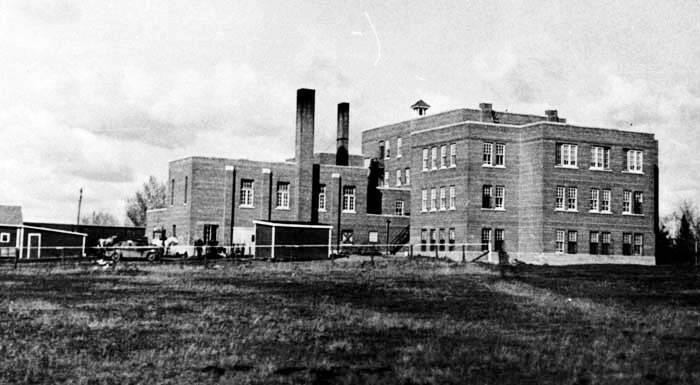I am someone who tends to blame myself when I am faced with unfortunate events or difficult situations. “If only I did better, tried harder, or made different choices” are things that I tell myself.
Sometimes I know my actions caused the situation, but there are other times when things aren’t always in my control and many outside factors contributed to the situation.
Sometimes we also look at other people and make our own assumptions about their situations and who is at fault.
I spent the earlier part of this week in Whistler for the Union of sa国际传媒 Municipalities conference. I was honoured to be asked to create a panel for the mid-sized community forum and share examples of successful Indigenous partnerships.
During my time in Whistler, I went to see the Squamish Lil’wat Cultural Centre, where I enjoyed the art, displays on cultural medicines and practices, and reading and learning more about Indigenous culture in the region.
One of the displays was on residential schools and focused on the food served in the institutions and malnutrition that children experienced. The exhibit outlined the impact of malnutrition on the development of children who were malnourished and underfed for several years.
The display noted that the children and great-grandchildren of the girls who were starved in residential schools are more likely to develop insulin resistance and diabetes.
I paused and re-read everything over and over. I’ve never heard this before and it really shocked me.
I got back to my hotel room and started looking into this further. I found peer-reviewed papers on this topic showing hunger was an everyday experience in residential schools.
I have friends who are residential-school survivors who have shared with me their experiences. They often speak of the food being unpalatable and not enough to sustain anyone.
Researchers found that malnutrition caused stunted height and resulted in the children’s bodies storing calories as fat.
We know that residential schools and the ongoing repercussions of them are a tragedy and represent injustice in our country. Knowing that the malnutrition the Indigenous children in residential schools suffered has led to elevated risk of obesity, insulin resistance and diabetes in Indigenous people is a hard truth to learn.
I know that there will be people who read this and send me comments saying people are still responsible for their own health and lifestyle.
I am not writing this column to explain away the health challenges some people face. I am writing this to say that we may not always be aware of outcomes and repercussions, and there are factors outside of people’s control that can lead to uphill battles.
I have never been someone to judge another person’s health journey, and this new knowledge aids me in looking at health challenges in Indigenous communities differently. These challenges are tangible demonstrations of trauma from previous generations.
Sept. 30 is the National Day of Truth and Reconciliation. Here is one more thing we can take a moment to pause and reflect on as we take a day to honour and acknowledge all victims of residential schools and how families of today are still feeling the impacts.
>>> To comment on this article, write a letter to the editor: [email protected]



